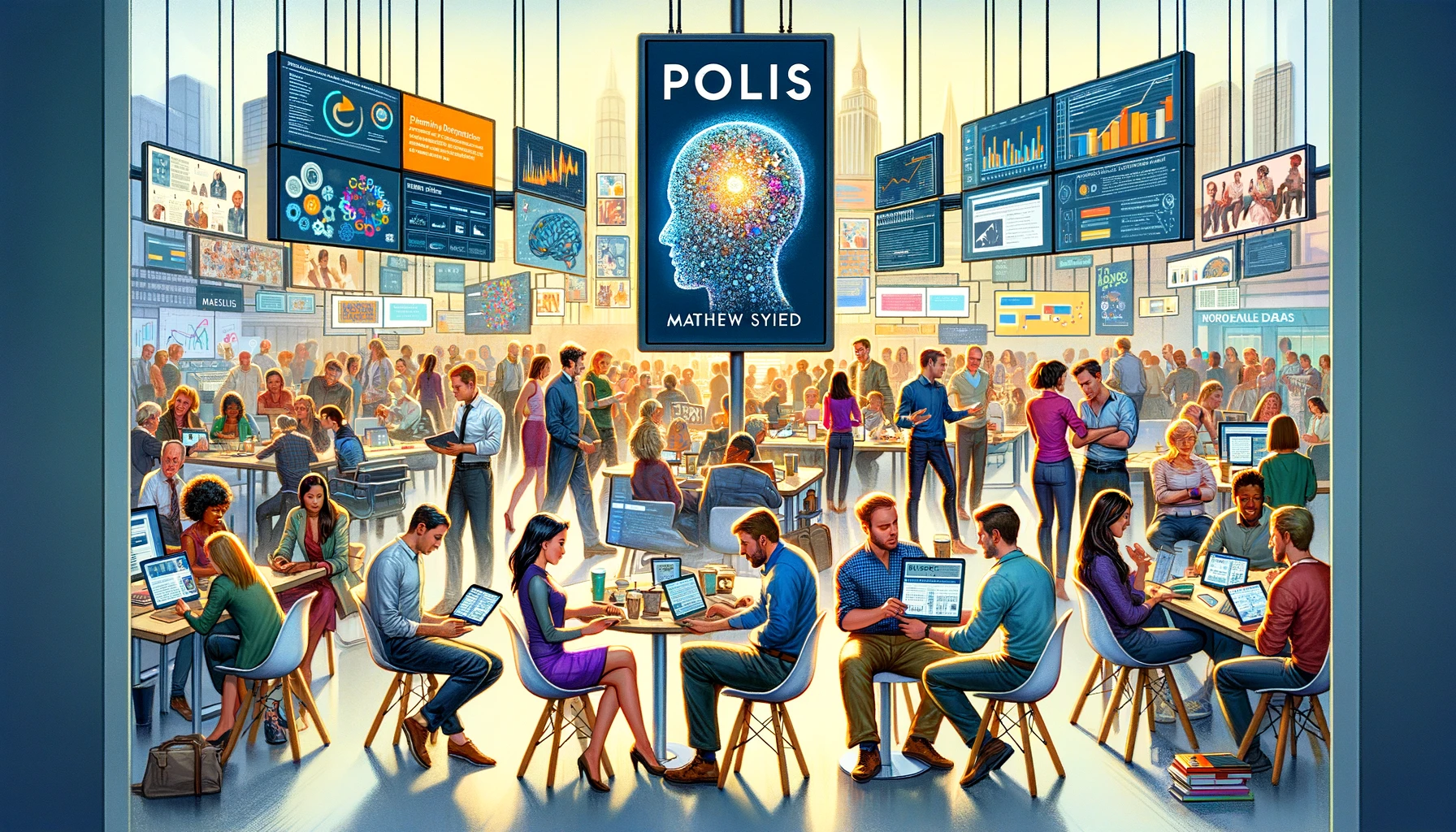Islam and Polis
This might seem like a fruitless, pointless question – to ask how any religion might view Polis – but given the potential scope of Polis and its interaction with people of all faiths and none, here at the Crowd Wisdom Project we are going to speculate as part of our series of blogs on this question.
As part of our series we are not advocating the use of Polis by any given religious grouping; rather, we are speculating at the fundamental and underlying values of Polis and how it might interact, or clash, with various religious groups.
Naturally, it’s impossible to say, with any degree of certainty, what Islam would think of Polis technology, given that there are many different interpretations and schools of thought within Islam and many different ways in which people might approach the use of Polis. However, here are our thoughts. Please get in touch with your own views.
What Islam Might Think of Polis Technology?
As a consensus-building platform, Polis has the potential to facilitate discussions and identify areas of agreement or disagreement, among members of a group, however large or small the group might be. Although the tech is relatively new, with its most famous usage being in Taiwan, its potential applications are still being explored.
The following are our thoughts about the potential ways in which Islam might view the use of Polis technology:
Facilitating discussions and dialogue
Islam places a strong emphasis on the importance of dialogue and discussion, both within the community and in the wider society. The Qur’an contains numerous examples of people engaging in discussions and debates in order to better understand God’s will and to make decisions. Polis, with its focus on facilitating discussions and identifying areas of agreement or disagreement, could be seen as a useful tool for encouraging and supporting these kinds of conversations within an Islamic context.
Promoting unity and consensus
Islam emphasises the importance of unity and the need for believers to work together in order to further God’s will. Polis provides the ability to visualise the overall consensus on any given topic and therefore could be seen as a way to help identify areas of agreement and disagreement among believers and to work towards greater unity and consensus.
Encouraging respectful discourse
Islam teaches that believers should respect and love one another, even when they disagree. This can be challenging for anyone, particularly when it comes to sensitive or controversial topics. Social media works by promoting division. Polis excels at promoting emphasis on respectful discourse and therefore could be deployed as a way to facilitate discussions, on these kinds of topics, in a way that is respectful and loving.
Supporting the decision-making process
Within the Islamic community, decisions are often made through a process of consultation and consensus-building. Polis technology, with its ability to identify areas of agreement and disagreement within vast numbers of people of different views, could be a useful tool for supporting this process and helping believers come to a more accurate understanding of the issues at hand.
However
Clearly, there are potential challenges and limitations to the use of Polis technology within an Islamic context. For example, some people may cogently argue that the reliance on technology and algorithms could potentially undermine the importance of individual judgment and consultation in decision-making, taking away the use of God in influencing these decisions. Some people might be concerned about the potential for the technology to be used to reinforce power imbalances or to obscure or obscure the views of marginalised groups.
Concluding, it seems to us at the Crowd Wisdom Project that it is likely that Islam would view the use of Pol.is technology in a complex and nuanced way. Whilst this consensus-building technology has the potential to facilitate meaningful discussions on difficult topics and can promote unity and consensus, as well as supporting the decision-making process, Muslims are likely to approach its use with caution, considering the potential challenges and limitations of this relatively new technology.





